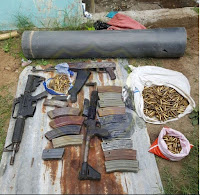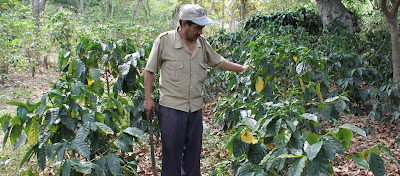Jesuits petition for release of one of the assassins

Jesuits at the University of Central America petitioned this week for the release of former Col. Guillermo Benavides, who had been returned to prison after the 1993 amnesty law was nullified last year. From the AP : Benavides and a lieutenant, both members of an elite, U.S.-trained battalion, were convicted in the killings but then freed under a 1993 amnesty decree covering crimes during the Central American nation’s civil war. The Supreme Court declared the amnesty unconstitutional in 2016, and Benavides returned to prison despite appeals from his lawyers. Jose Maria Tojeira, a priest who directs the university’s Human Rights Institute, said there several reasons for seeking Benavides’ freedom. “We are aware of his regret and his admission of the error,” Tojeira said, adding that the 74-year-old ex-soldier “no longer represents a danger to the Salvadoran people.” Tojeira also said the Jesuits believe Benavides is a “scapegoat” for those who ordered the massacre...













